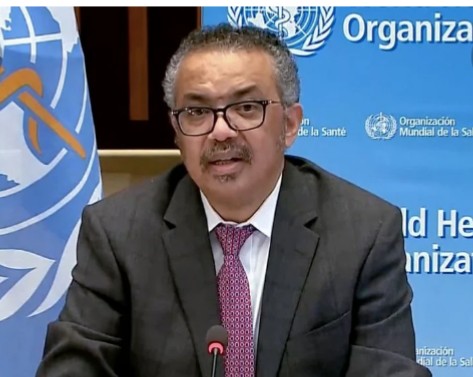|
Getting your Trinity Audio player ready...
|
Writes Lovemore Chazingwa (Health Reporter)
Empirical medical evidence has proved that mass drug administration is among the key ways to combat infection and possible death from neglected tropical diseases (NTDs).
This is opposed to seeking treatment after infection, which requires huge financial outlays, normally out of reach among impoverished citizens.
Mass drug administration remains cardinal in the fight to combat NTDs, which are said to disproportionately ravage impoverished members of the global community where water safety, sanitation, and health care are inadequate.
A media training workshop designed to impart knowledge to media practitioners on the best ways to disseminate NTDs news reportage tackled these issues aided by experts on the subject.
Sensitive, tactful, and articulate packaging of news on the silent killers that have devastating effects on communities, was emphasized during the week-long Indaba.
This is so, the workshop heard, as inept reportage can amplify an already dire situation.
Emphasis on the role of mass drug administration (vaccination) in fending off these diseases came with revealing interventions. Financial constraints, stigma, disability, and in grave instances, death, are some of the attendant consequences of contracting NTDs.
Mass drug administration plays a central role in preventing infection and possible death.
The target for routine vaccinations is usually preschool-age children and school-age children.
This intervention comes in handy as there is no known medicine for most of the diseases when one gets infected. Houseflies and mosquitoes can transmit infection, leading to some of the worst cases of illness among humans.
To imagine schistosomiasis (bilharzia), blinding trachoma, and elephantiasis are diseases that may emanate from mere mosquito stings or through dirt transmitted among humans or in the community is beyond the imagination of many.
Elephantiasis at times leads to hydrocele in men or abnormally large breasts in women.
It can be conveniently assumed that local communities associate mosquitoes with malaria in as much as they attach flies to diarrhoea diseases.
Therefore, mass drug administration for populations against the prevalence of NTDs is of paramount importance.
Healthy, clean, safe, and well-tendered environments drastically reduce the risk of mosquito bites and flies marauding people.
A press release by WHO reveals, “Accomplishments made in 2021-2022 build on a decade of significant progress.
In 2021, twenty-five percent fewer people required interventions against NTDs as compared to 2010. More than one billion people were treated for NTDs each year between 2016 and 2019 through mass treatment interventions.”
WHO Director General, Dr Tedros Ghebreyesus highlights: “Around the world, millions of people have been liberated from the burden of NTDs which keep them trapped in cycles of poverty and stigma.”
The global health concern, WHO, estimates that over 1.7 billion of the world’s population should be targeted by prevention and treatment activities for at least one of these diseases every year.






